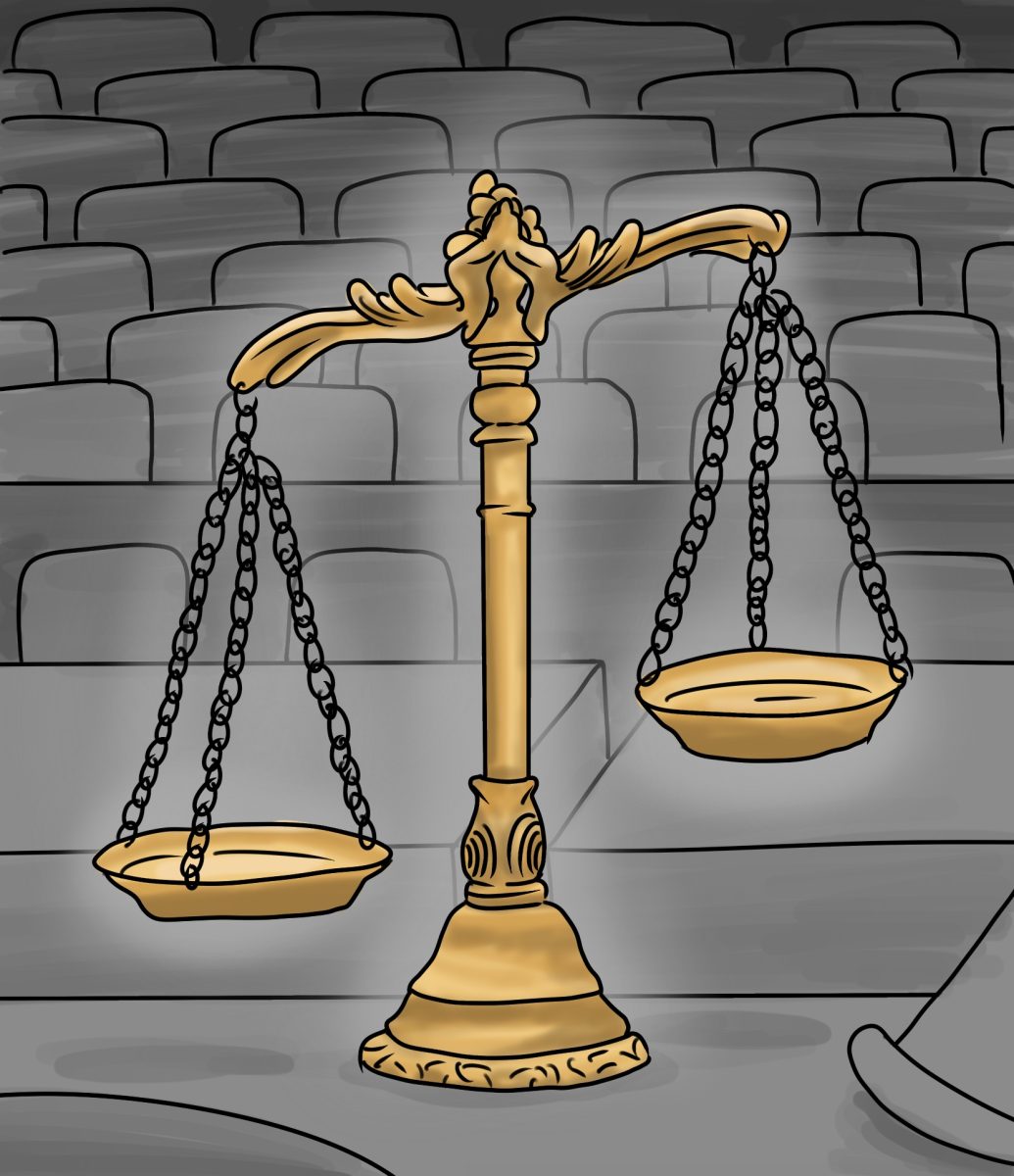The school’s current discipline system for minor infractions is, simply put, chaotic. When students receive unexcused absences, they don’t receive any notification. They can go on Veracross to check for infraction updates, but if they receive an unexcused absence for any reason, they would not know until detention was assigned the following Wednesday. Currently, there seems to be no enforcement of any dress code policy; however, if Stu-Fac discussions can be trusted, we can assume that the days of wearing sweatpants to class will fade into the distance. If an individual were to do something not completely horrible, but not in line with community standards, such as not clearing their table, there is no citation and discipline system that could deter their behavior. We have an opportunity to unify all of this chaos into a more helpful system with a set of clear-cut guidelines.
The administration should create a (for lack of a more creative name) “reminder” system, where detentions could be assigned based on the number of reminders (or “points”) rather than being assigned by the number of classes missed. Under this system, disrespectful but minor behavioral infractions would earn one point. Being out of the dress code and missing all-school events would earn two points. Missing class would earn four points. Missing detention would earn seven points, and to receive detention, a student would have to accumulate seven points. This system could help move Hotchkiss towards a more measured and organized disciplinary structure.
The “point structure” obviously could not serve as a substitute for getting D.C.’d or violating major school rules; however, it would provide an easy way to keep track of absences before being assigned unexpected detention. The assignment of these points would be at the discretion of the class dean, meaning that if an individual made a good argument for why they should be excused for an offense, then they could wipe that point. This system could prevent students from getting dress-coded multiple times in a day, as there would be a virtual record in the form of a point that shows a student has already received a violation. It would keep the punishment for being out of the dress code but showing up nonetheless at a smaller amount. In our punishment system, it is important to differentiate between missed all-school events and missed class periods, because while all-school events are important to our community culture, they are not as essential as attending a class. In addition, the system could keep things organized, so that students can anticipate being assigned detention rather than detention simply taking them by surprise. Most importantly, an intelligently designed point system could provide more clarity for students on the reason for an assigned detention, so that they can prevent themselves from repeating the same mistakes.
Changing our system for disciplining minor infractions is long overdue. There should be no way for a student to stack 60 detentions in a year. It is important to encourage our students to be engaged members of our community, so that they are able to show up to Saturday night events. When we allow detentions to become so common that our detention list outsizes the capacity of the entire science lecture hall, we lose out on opportunities for our students to participate in events which make up the fabric of the Hotchkiss community.






